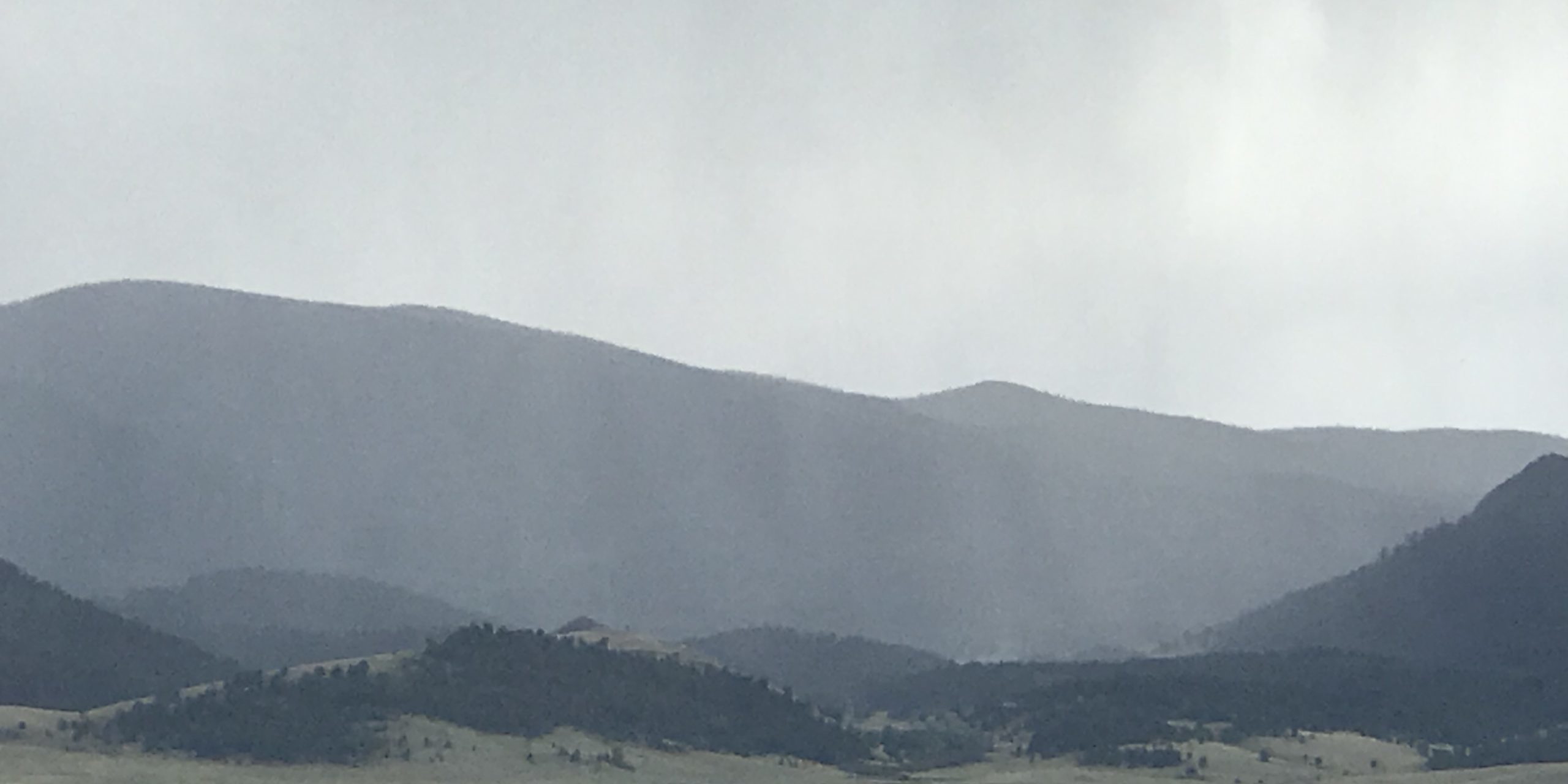It would be easy, yet again, to look away or ignore the suffering and pain that is American racism. The tragic murder of George Floyd is yet another stirring “wake up” call to the injustices of race in American life. Yet, this storyline is overcast with fears, ignorance, and inaction that continues to grow as the sky itself cries for Ahmaud Arbery, Breona Taylor,and George Floyd. Since 2015, 340 unarmed Black men have been murdered and 99% of the shooters were not convicted (source).
Watching George Floyd moments before his death plead, “Please. Please. Please. I can’t breathe” is an image that makes me ache with rage. With everything that is swirling within me and within our nation I feel helpless (and I don’t think I’m alone). The truth is: I don’t know how to work for positive change and often feel paralyzed by the endless ping of social media as well as the fast-paced live reporting of protests across America.
On my best days, I am a person of faith who believes that Jesus’ vision of a new world invites each of us to participate (to work for) the flourishing healing of the world. This means realizing the full belovedness of every human being. But I don’t always know where to begin.
For those of us (I am talking here to my white friends) that want to help but don’t know how, I am convinced that the starting point is humility. It’s a paradox, I know, but the way forward is a kind of unlearning.
The suffering of the black community can no longer fall on deaf ears. The history of shame and silence that haunts America must be excavated with careful listening, bold honesty and conviction so that we can experience healing and wholeness. I am a son of American privilege and must think carefully how fear and greed have made a world where some prosper and others suffer.
I could be understating this, forgive me, because I’m a beginner at speaking honestly about faith, race, and social change. What we most need at this critical moment is a practice of radical humility. In fact, I think that humility is the most revolutionary thing you can do.
Humility is not sentimentality but a way of being in the world. It says, “Everyone is my teacher.” Humility seeks first to understand the experience of others, especially those whose voice has historically been devalued. The art of humility with the necessary skills of quietness and listening is the holy work that we must attend to.
In other words, as prophet and rapper Kendrick Lamar said, “Sit down. Be humble.”
How do we honestly engage the pain of racism as people of privilege and not let our overwhelm turn into despair or worse fear? It begins and ends with practices of radical humility, trusting that that ache of rage, the shiver down your spine, is God’s invitation for greater understanding and transformation. God’s work within the human heart (and within community life) does not always feel good. This is, I think, what St. Paul means by his statement “continue to work out your salvation with fear and trembling (Philippians 1:6 & 2:12).”
My white friends, we must let the ache, rage, and shiver work within us a radical humility before God if we truly want long-term change to happen.
But, what does a life of humility look like?
Humility can be practiced by acts of confession, education, and commitment.
Confession is the daily acknowledgment of how easy it is to fall short of the great commandment to love God and to love others (Matthew 22:36-40). Our confession takes on added urgency as we self-critically acknowledge ways that we have been complicit in racism. As the Book of Common Prayer states, “we have left undone those things which we ought to have done, and we have done those things which we ought not to have done.”
Education is the daily practice of listening to wise voices. For those of us who have not grown up in a marginalized community we have much to learn. It is important for us to read and learn from people of color. A great way to start is to enroll in Rachel Cargle’s free 30 Days of #DoTheWork Course that helps people understand the systems that continue to oppress and disenfranchise the black community. Also, I have learned much from Jason Reynolds and Ibram X. Kendi’s Stamped: Racism, Antiracism, and You as well as Michael Eric Dyson’s Tears We Cannot Stop: A Sermon to White America.
Commitment, or re-commitment, is the courage and wisdom to act that comes from confession and education. As imperfect humans we commit ourselves to being anti-racist and working alongside (preferably behind) our brothers and sister of color. Commitment requires an engagement with others who don’t think like you. Humility demands growth in communicating in gentle, open, and empathetic ways.
Make no mistake, the inside-out work of radical humility is not easy. It is easier to look away or ignore all of this, but that comes with a great cost. Evil, in all its forms, is a destructive force that takes lives. Perhaps, the aching helplessness pulsing through your body is the starting point. Give yourself permission to listen, to unlearn, to still yourself before this pain. Healing, the journey toward individual and communal wholeness, is always an uncomfortable process that begins with humility.
–Dale Carl Fredrickson
Words At First Light
If you’ve found this post helpful or inspiring, please consider subscribing to Words At First Light, a monthly dispatch of poetry, art, and writing.







